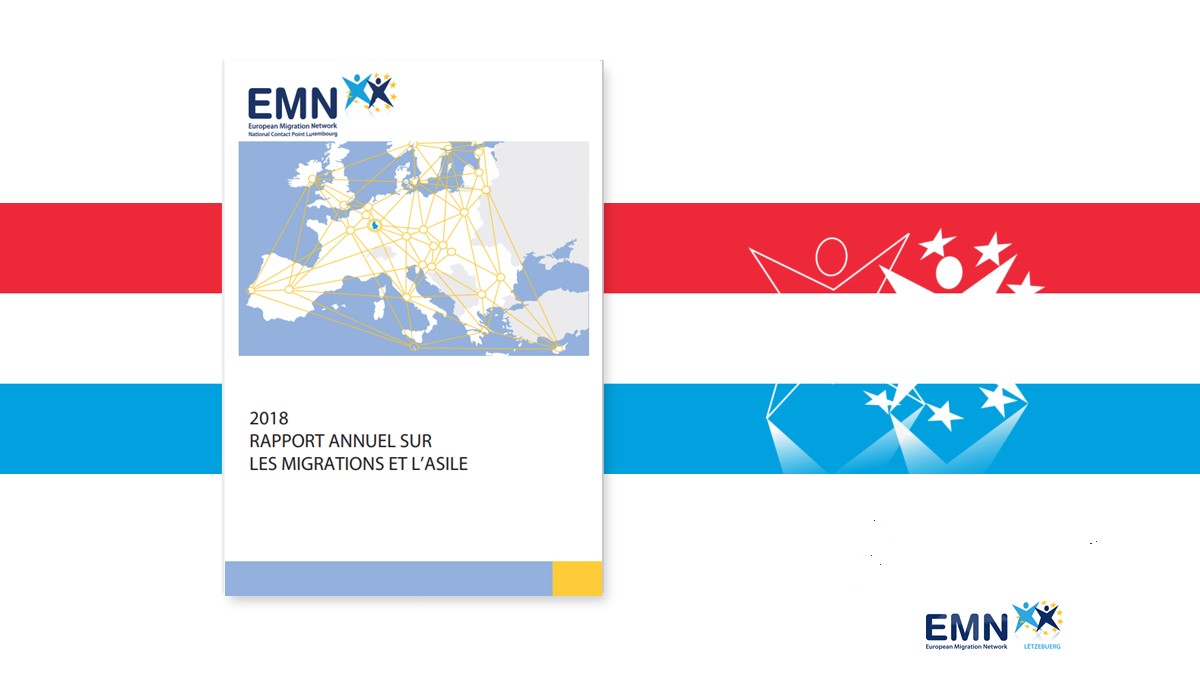The present report provides an overview of the main developments and debates in relation to migration and asylum in Luxembourg in 2018.
2018 was marked by the parliamentary elections in October 2018, which led to the renewal of the former Government coalition. The coalition agreement provides for a number of changes related to migration policies in Luxembourg.
The number of people seeking international protection remained high but relatively stable in 2018 compared to the previous two years. The refugee recognition rate has continued to increase. Many beneficiaries of international protection (BIP) remain in accommodation facilities for applicants for international protection (AIP) as they have difficulty finding housing in the private market or social housing. This in turn increases the pressure on accommodation facilities and it is one of the priorities of the national authorities, as reflected by the coalition agreement.
Reception and accommodation conditions for AIPs and BIPs have sparked a number of debates and reflections within civil society. They were discussed in most political party manifestos for the 2018 parliamentary elections. It should be noted that the new multi-annual National Action Plan on Integration (the Integration NAP) has these as central themes, the reception and management of AIPs is one of the two main areas of action. The Integration NAP is the result of a wide consultation process with the different stakeholders involved in the reception and integration of non-Luxembourg nationals. The Integration NAP provides a general, strategic and sustainable framework to firstly develop programmes and tools to promote the integration of all non-Luxembourgers residents in the country, and secondly, to promote social cohesion between Luxembourgers and non-Luxembourgers.
Knowledge of Luxembourgish as an integration factor was another concern throughout the year. The Law of 20 July 2018 presents a number of measures to promote the Luxembourgish language. The objectives of the Luxembourgish language policy, are to support the use and study of Luxembourgish, encourage the learning of the Luxembourgish language and culture, and promote culture in the Luxembourgish language. Several bodies have been set up to implement this action plan. Most political parties, during the election campaign, emphasised the importance of the Luxembourgish language as an integration factor in their manifestos, while highlighting the advantage of multilingualism.
Finally, there are some changes to note in the return policy of Luxembourg. There were two proposals to amend the Immigration Law: one, which authorises the police to enter residential premises to enforce removal orders in the case of forced return; and a second one, which provides for systematic oversight by the courts of prolonged detention beyond the 4-month period. The new Government has stated that it is committed to improving the current detention system through the creation of a specific detention structure for women, families and vulnerable persons.

